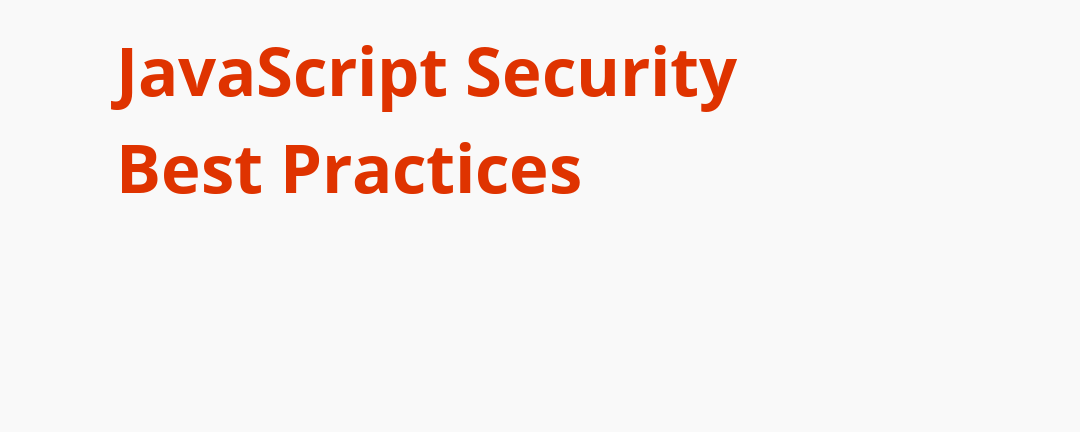WhatsApp Spy Mod Malware Attacked Telegram Users Over 340K Times In Oct – BW Businessworld
A malware named “WhatsApp spy mod” has attacked Telegram users more than 3.4 lakh times in October alone. This malware mainly targeted users who communicate in Arabic and Azeri, according to the cybersecurity firm Kaspersky.
The malware enters the devices through third-party WhatsApp mod application, which are generally used for additional features such as scheduled messages and customisable options.
As per the report, such mod applications also contain a malicious spyware module that can compromise users personal data. When installed, such mod WhatsApp application allow the malware to run in the background and gather sensitive information from the infected device, including its IMEI number, phone number, country and network codes and more.
The malware can transfer data every five minutes. It can even record audio from the a device’s microphone and steal data from external storage.
The highest attacks were recorded in Azerbaijan, Saudi Arabia, Yemen, Turkey and Egypt, although the malware also affected users from other countries, including the United States, Russia, the United Kingdom and Germany.



